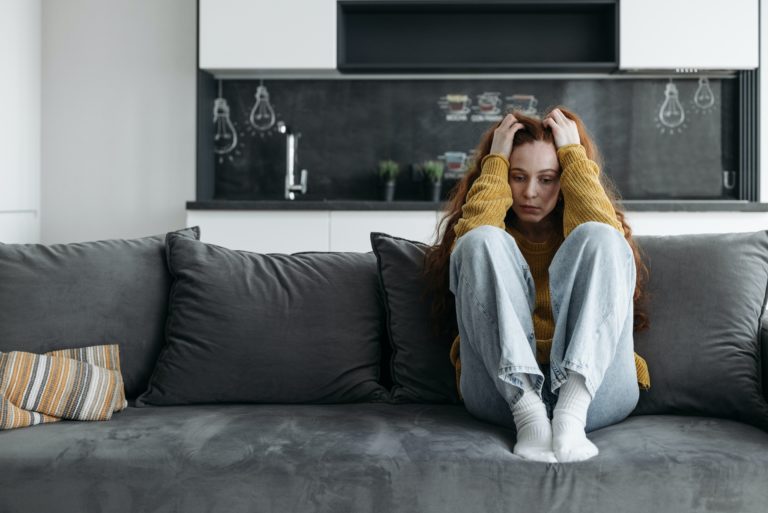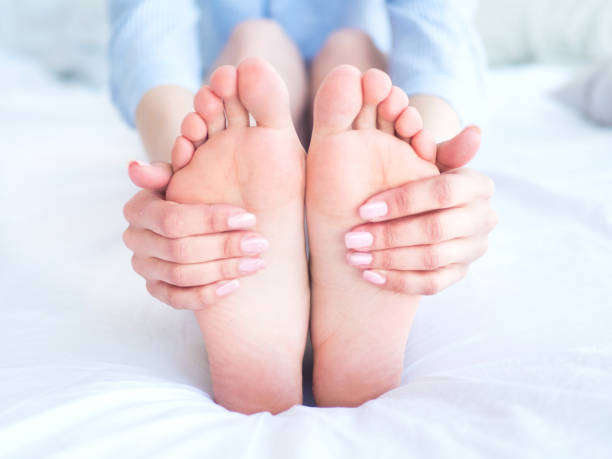Getting physical exercise is a healthy way to combat stress.
We all know that getting physical exercise is a healthy way to combat stress. But what we may not realize is that there are different types of stress, and not all of them are physical. In this blog post, we will explore the different types of stress and how exercise can help relieve them.
There are four different types of stress: physical, mental, emotional, and chemical. When we think of stress, we often think of physical stress, which is the kind of stress that comes from a demanding job or a difficult physical challenge. But mental and emotional stress can be just as tough on our bodies. Mental stress comes from things like worrying about an upcoming deadline at work or preparing for a big exam. Emotional stress can come from anything that causes us to feel overwhelmed or out of control, such as a divorce or the death of a loved one.
getting physical exercise is a healthy way to combat stress.
There are many benefits to getting regular physical exercise, including reducing stress levels. Exercise releases endorphins, which have mood-boosting effects. It also helps to clear your mind and gives you a sense of accomplishment.
If you’re feeling overwhelmed or stressed, take a break to go for a walk or run. Even just a few minutes of fresh air and movement can make a big difference. If you have more time, try a yoga class, take a dance lesson, or go for a swim.
Making time for physical activity can be difficult, but it’s worth it for your mental and physical health. Don’t feel like you have to do everything all at once. Start with small changes and build up from there.
In this blog post, we will explore the different types of stress and how exercise can help relieve them.
exercises to relieve stress and anxiety
- Get out and move your body. Taking a brisk walk, going for a swim, or riding your bike are all excellent ways to get your body moving and help relieve stress and anxiety.
- Take some time for yourself. Dedicate at least 30 minutes each day to do something that you enjoy, whether it’s reading, taking a bath, or listening to music.
- Connect with others. Spending time with friends and loved ones can help reduce stress levels and improve your overall mood.
- Make time for relaxation techniques. Practice deep breathing exercises, progressive muscle relaxation, or meditation to help calm your mind and body.
- Seek professional help. If your stress and anxiety are starting to interfere with your daily life, consider seeking out counseling or therapy from a mental health professional.
10 ways exercise helps stress
When it comes to stress, exercise is one of the best things you can do for yourself. Here are 10 ways exercise helps relieve stress:
- It releases endorphins which have mood-boosting effects.
- It helps improve sleep quality.
- It reduces levels of the stress hormone cortisol.
- It can be a form of meditation and help clear your mind.
- It can give you a sense of accomplishment and boost your self-esteem.
- It provides distraction from whatever is causing your stress.
- It gives you an outlet to release any built-up tension or frustration.
- It can improve your overall well-being and sense of calmness.
how does exercise help to reduce stress brainly
When you exercise, your body releases endorphins. Endorphins are hormones that block pain signals from the brain. They also produce a euphoric feeling, similar to that of morphine. This helps to reduce stress and anxiety. In addition, exercise increases levels of serotonin in the brain. Serotonin is a neurotransmitter that regulates mood and is known as the “happy hormone.” It helps to improve mood and reduce stress.
1) Exercise releases endorphins which help to block pain signals from the brain and produce a euphoric feeling similar to that of morphine. This helps to reduce stress and anxiety. 2) Exercise increases levels of serotonin in the brain. Serotonin is a neurotransmitter that regulates mood and is known as the “happy hormone.” It helps improve mood and reduce stress.
exercise to reduce stress and depression
There are a number of exercises that can help reduce stress and depression. Some of these exercises include aerobic exercise, yoga, and Tai Chi.

Aerobic exercise is any type of activity that gets your heart rate up and makes you breathe more heavily. This can be something as simple as a brisk walk or a run. Regular aerobic exercise has been shown to be effective in reducing stress and depression.
Yoga is another great way to reduce stress and depression. Yoga involves stretching, deep breathing, and meditation. It can help to calm the mind and improve your overall sense of well-being.
Tai Chi is another form of exercise that can be helpful in reducing stress and depression. Tai Chi is a slow, gentle form of martial art that involves movement and meditation. It is often described as “moving meditation.” Tai Chi can help to improve balance, flexibility, and strength.
how does regular exercise help to reduce the effects of mental stress
It has been proven that regular exercise can help to reduce the effects of mental stress. Exercise releases endorphins, which have mood-boosting effects. Additionally, exercise reduces levels of the body’s stress hormones, such as cortisol. As a result, regular exercise can help to improve your mood and reduce stress levels.
One of the most important ways that regular exercise helps to reduce the effects of mental stress is by improving your sleep quality. Stress can often lead to insomnia or poor sleep quality. However, exercise can help to improve your sleep quality by reducing the amount of time it takes you to fall asleep and increasing the overall duration of your sleep. In addition, exercise can also help to improve the quality of your sleep by increasing the amount of deep sleep that you experience.
what is the role of physical activity in managing ones stress
The role of physical activity in managing stress is well-documented. Exercise has been shown to be an effective stress-buster by releasing endorphins, providing distraction from worries, and increasing overall fitness and feelings of well-being. Just 30 minutes of moderate exercise (such as a brisk walk) three to five times a week can make a big difference in stress levels.
In addition to the stress-reducing benefits of exercise, physical activity can also help to boost self-esteem, improve sleep, and reduce anxiety and depression. All of these factors can contribute to a reduction in stress levels.
So, in essence, physical activity can play a significant role in managing stress by providing distraction, promoting fitness and well-being, and improving self-esteem and sleep.
Conclusion
There you have it! Getting regular exercise is a great way to combat stress. Not only does it release endorphins that make you feel good, but it also helps to clear your mind and give you a break from whatever is causing you stress. So next time you’re feeling overwhelmed, try going for a run, taking a yoga class, or even just going for a walk around the block. Your body and mind will thank you!
If you’re looking for a way to reduce stress in your life, consider adding some regular physical activity into your routine.







